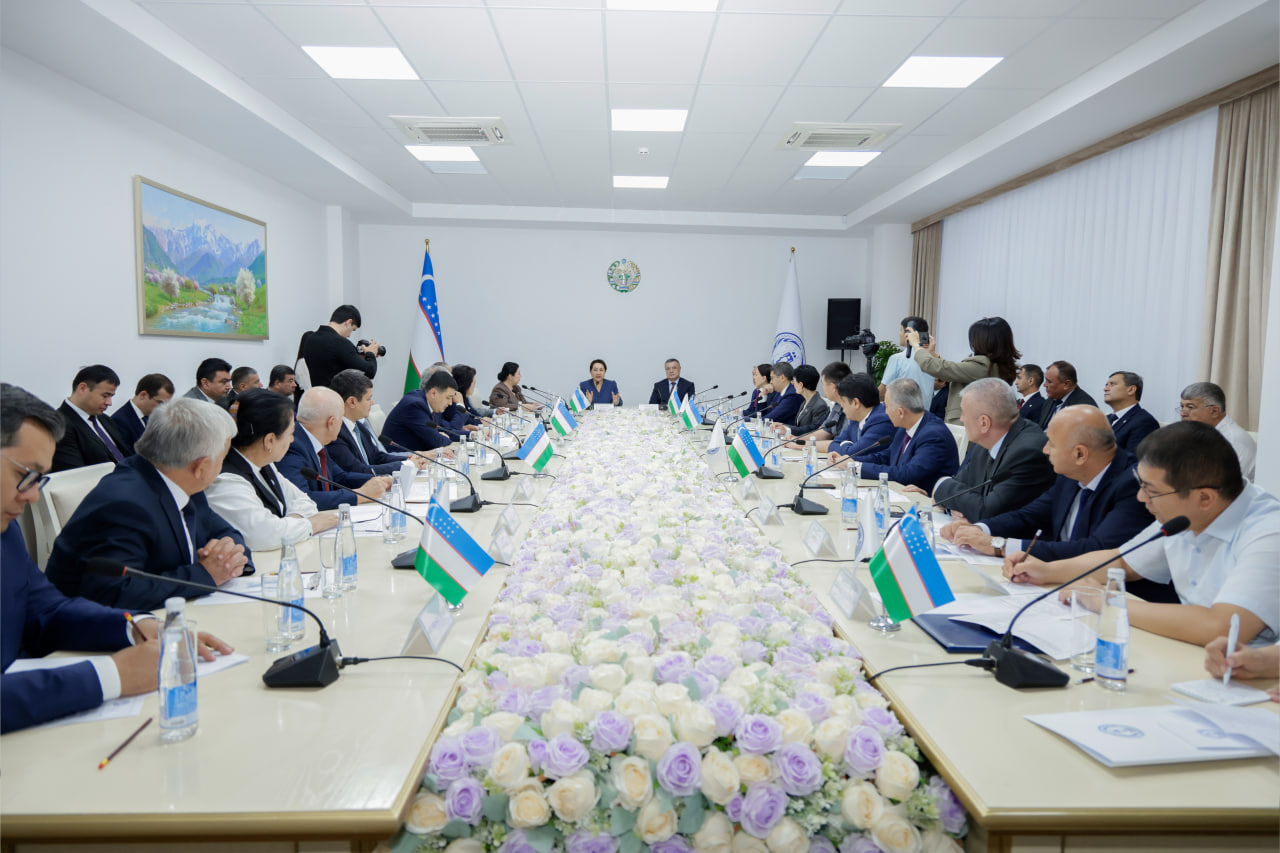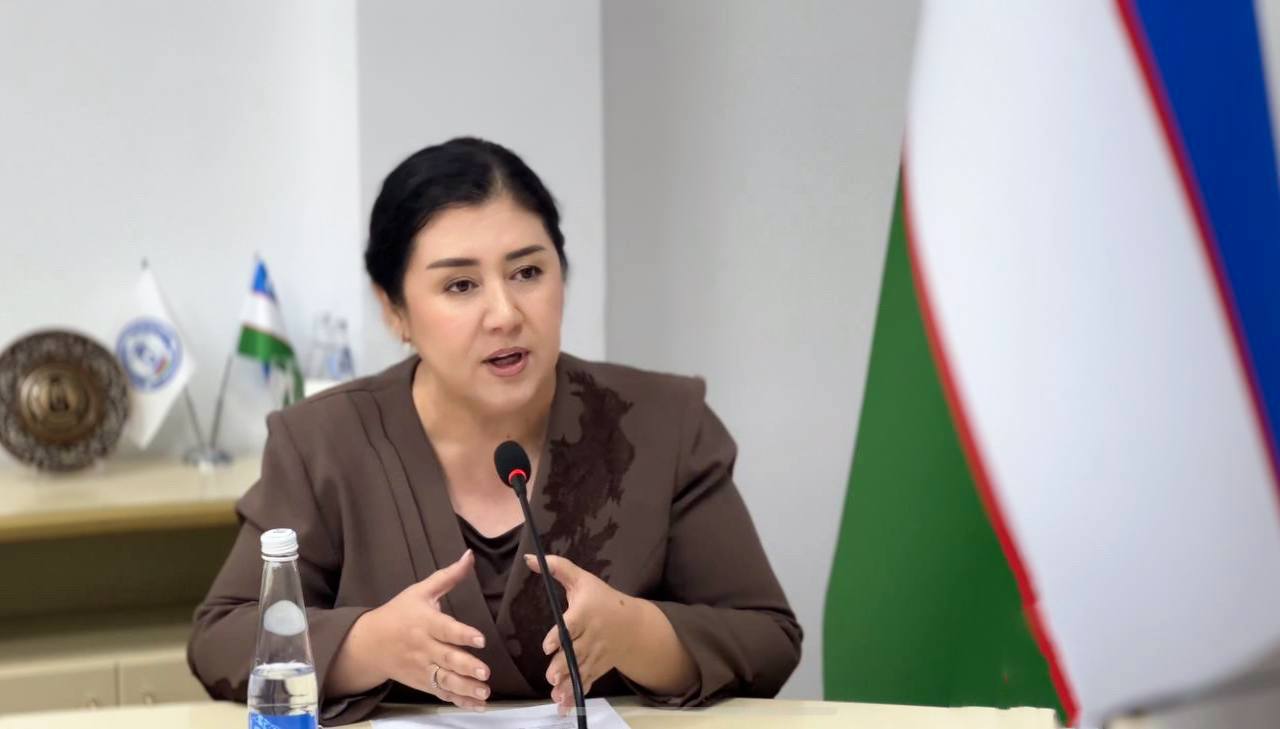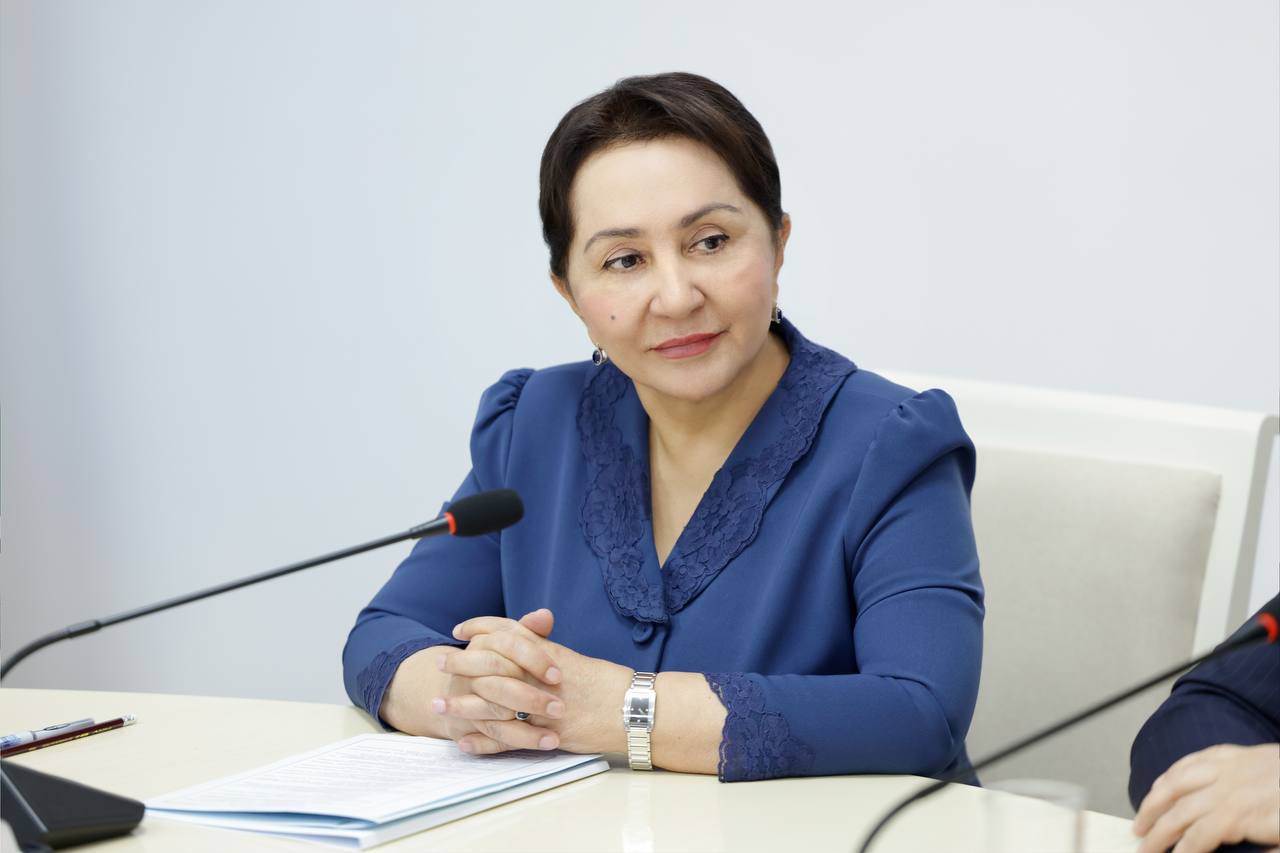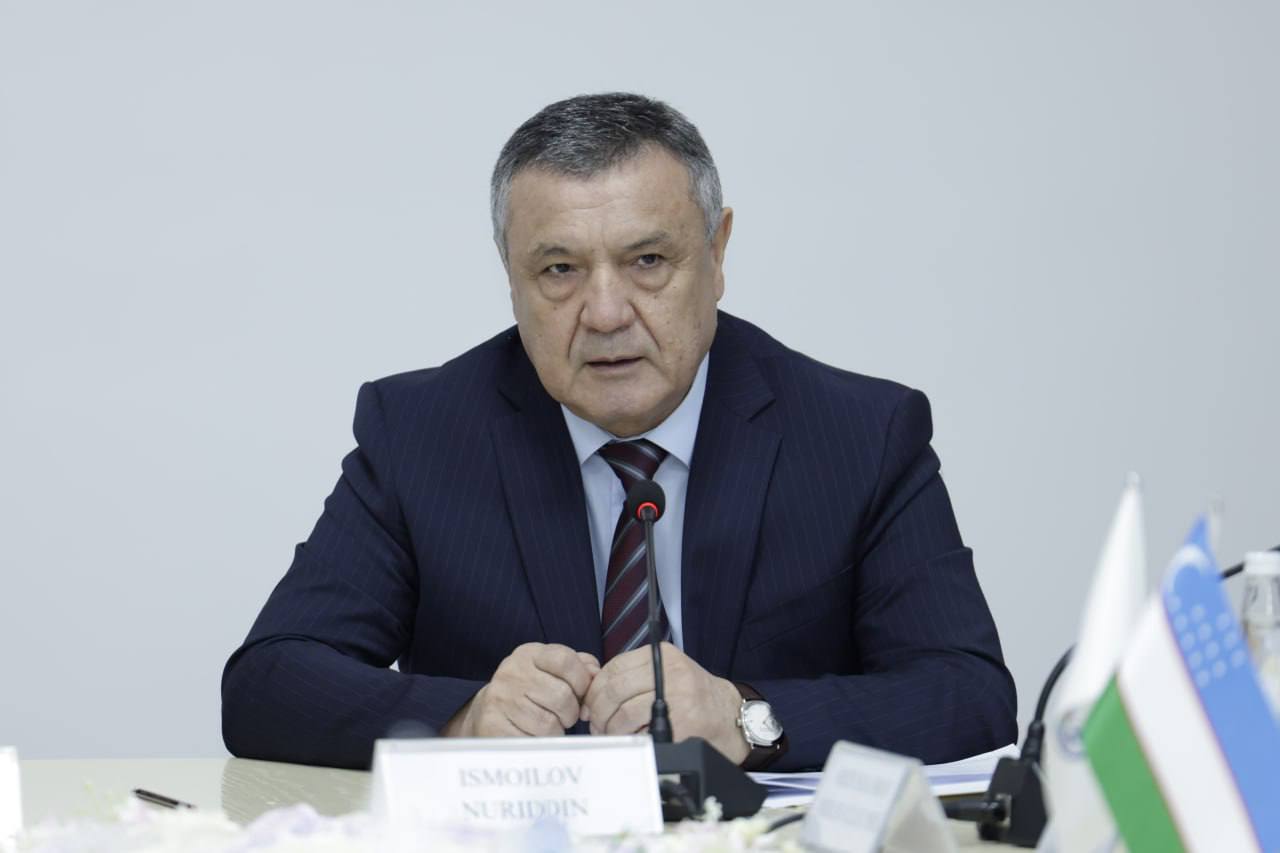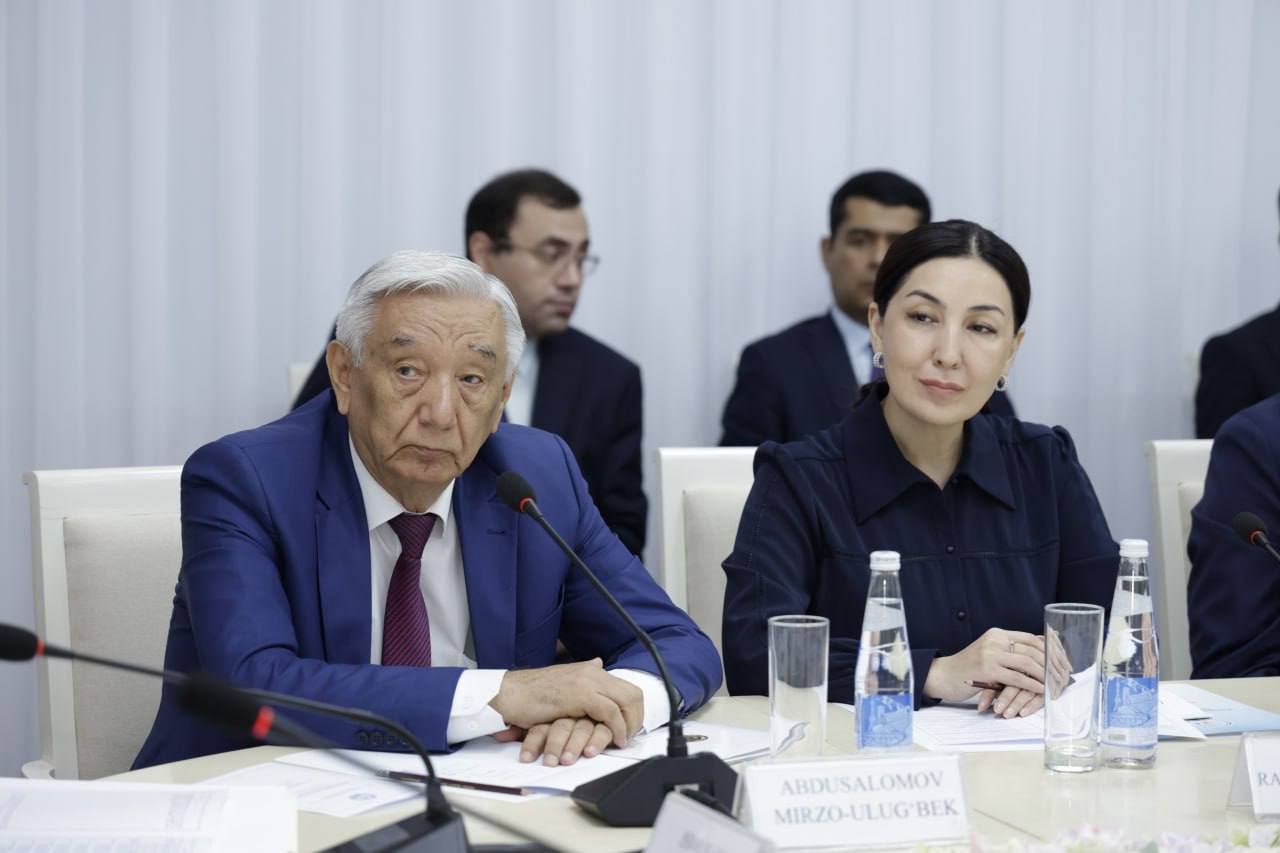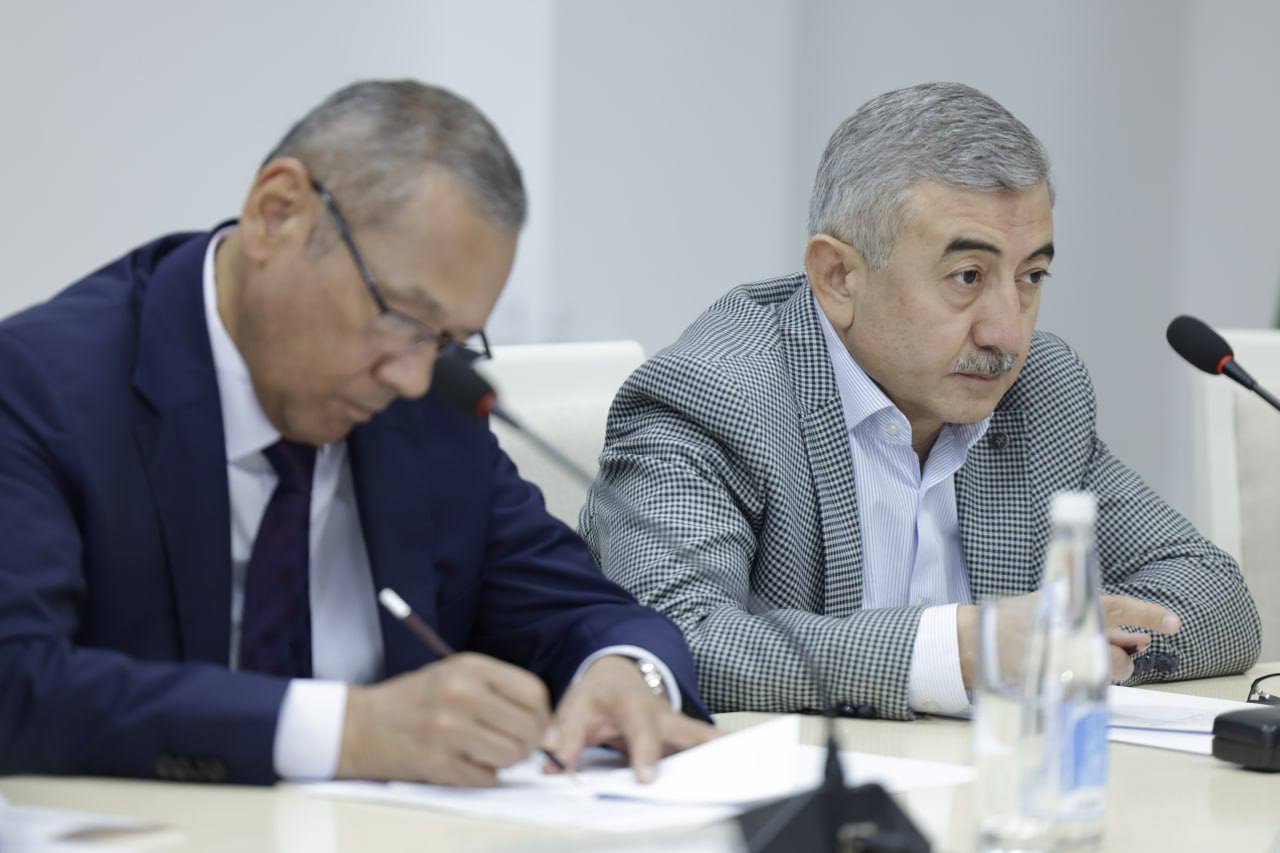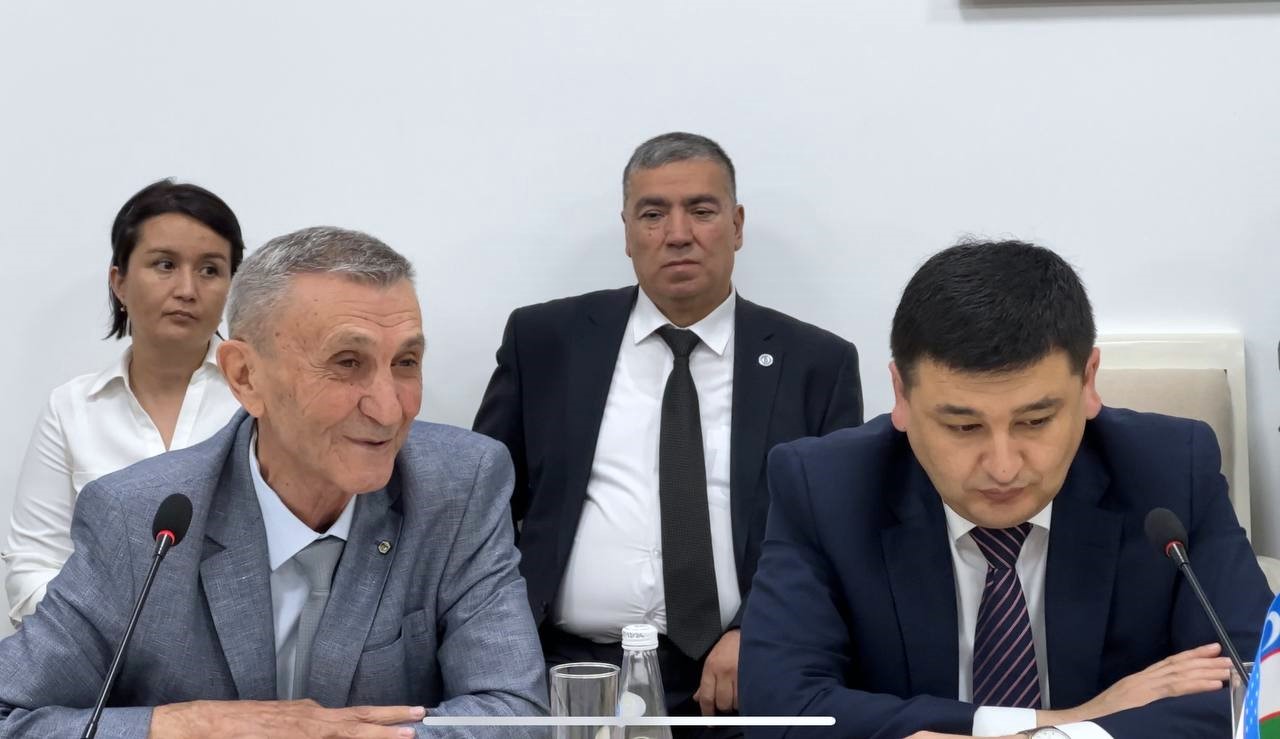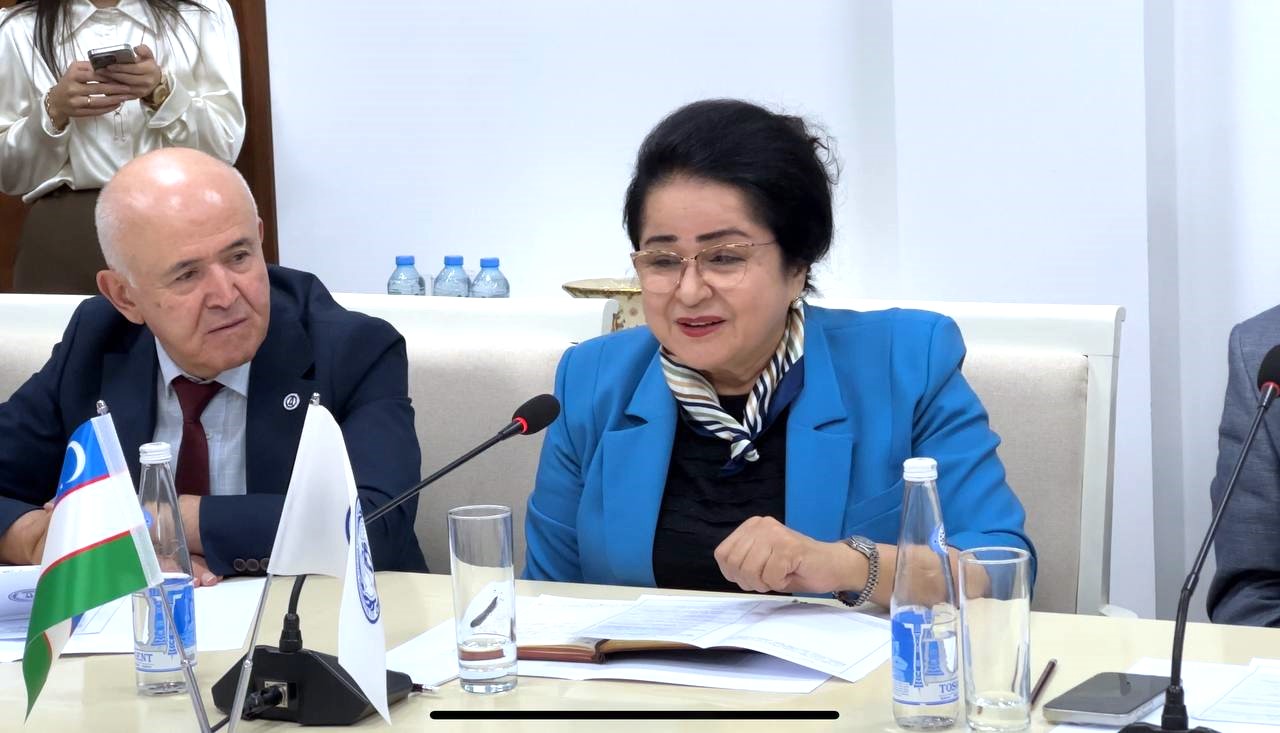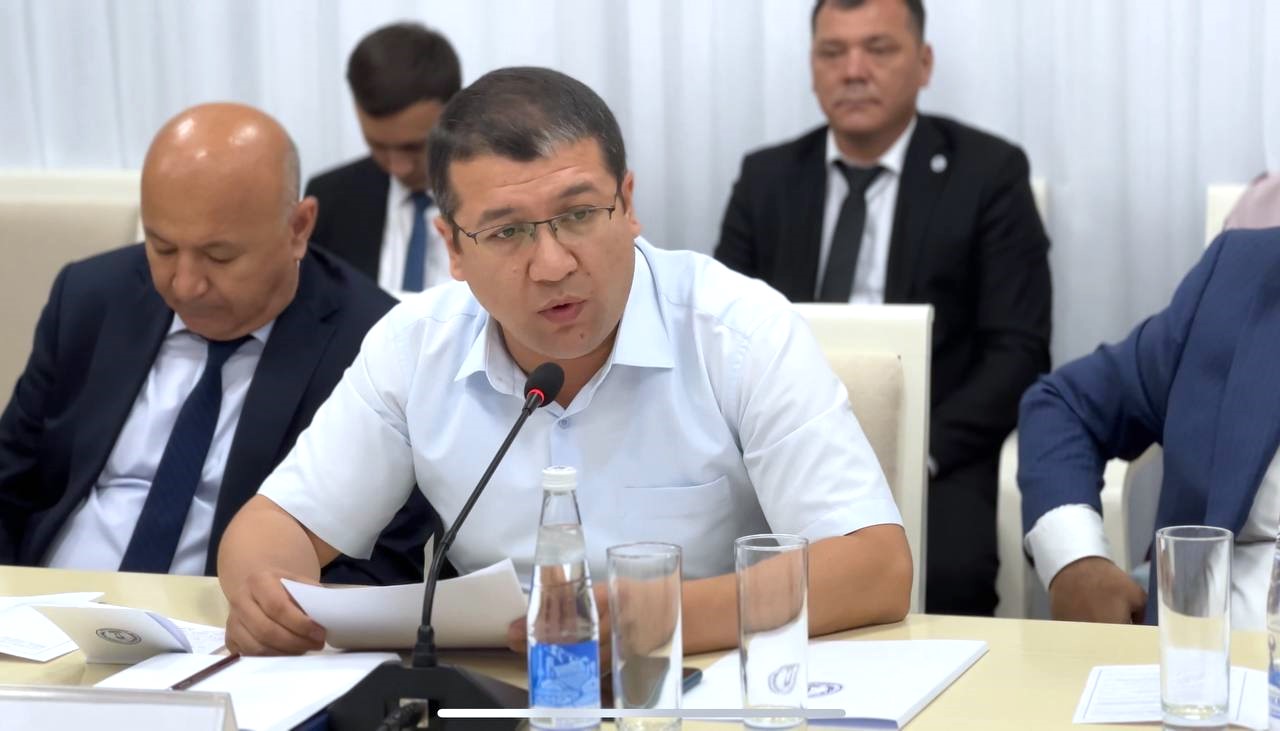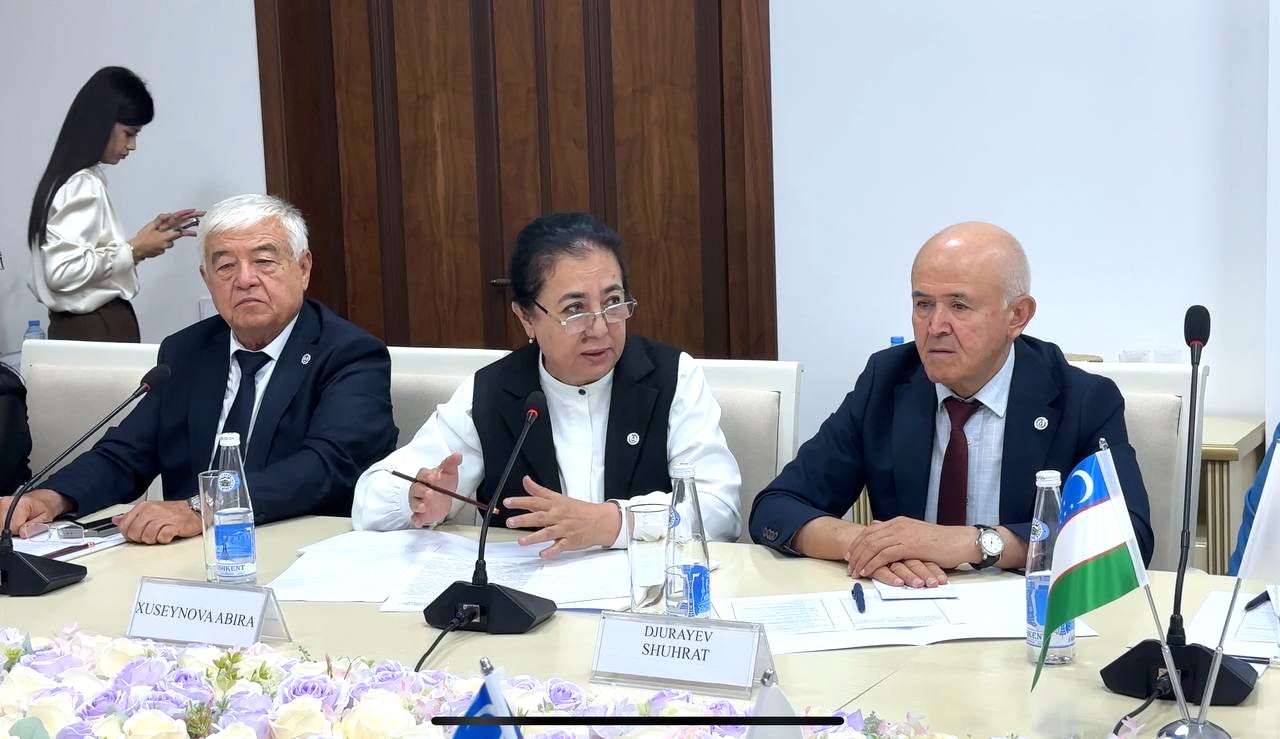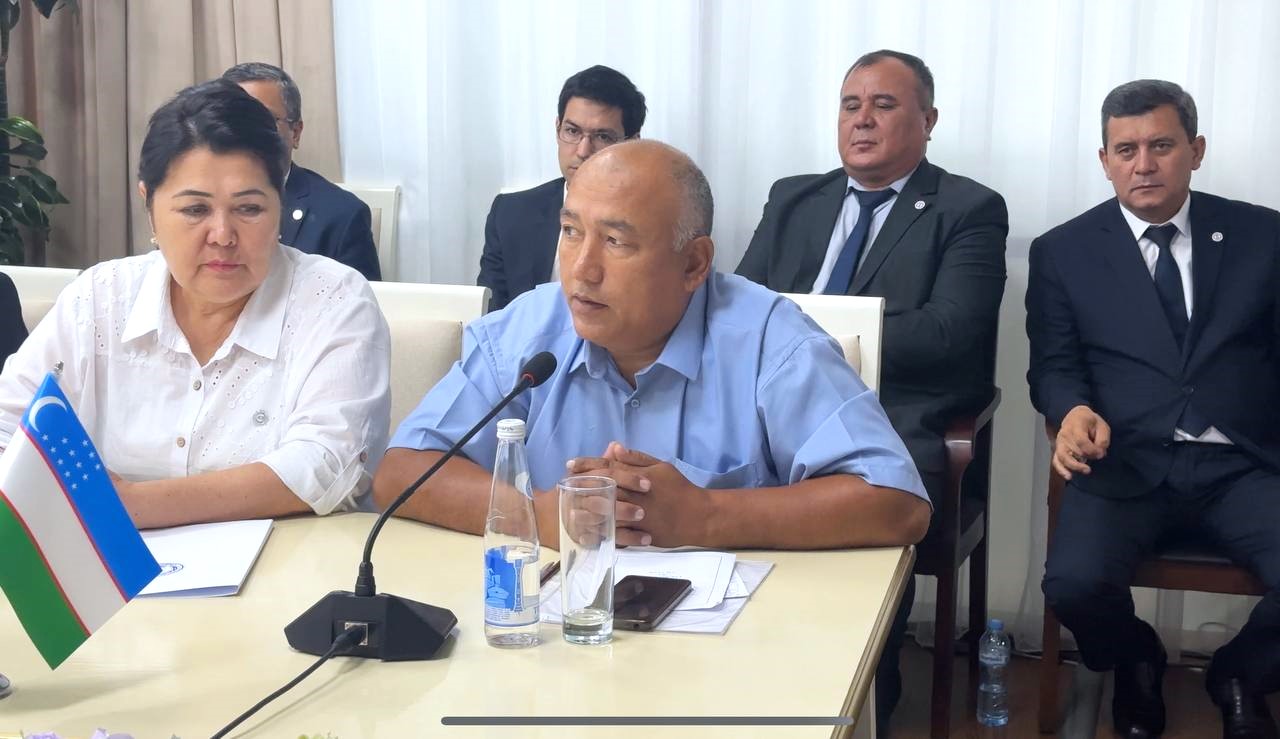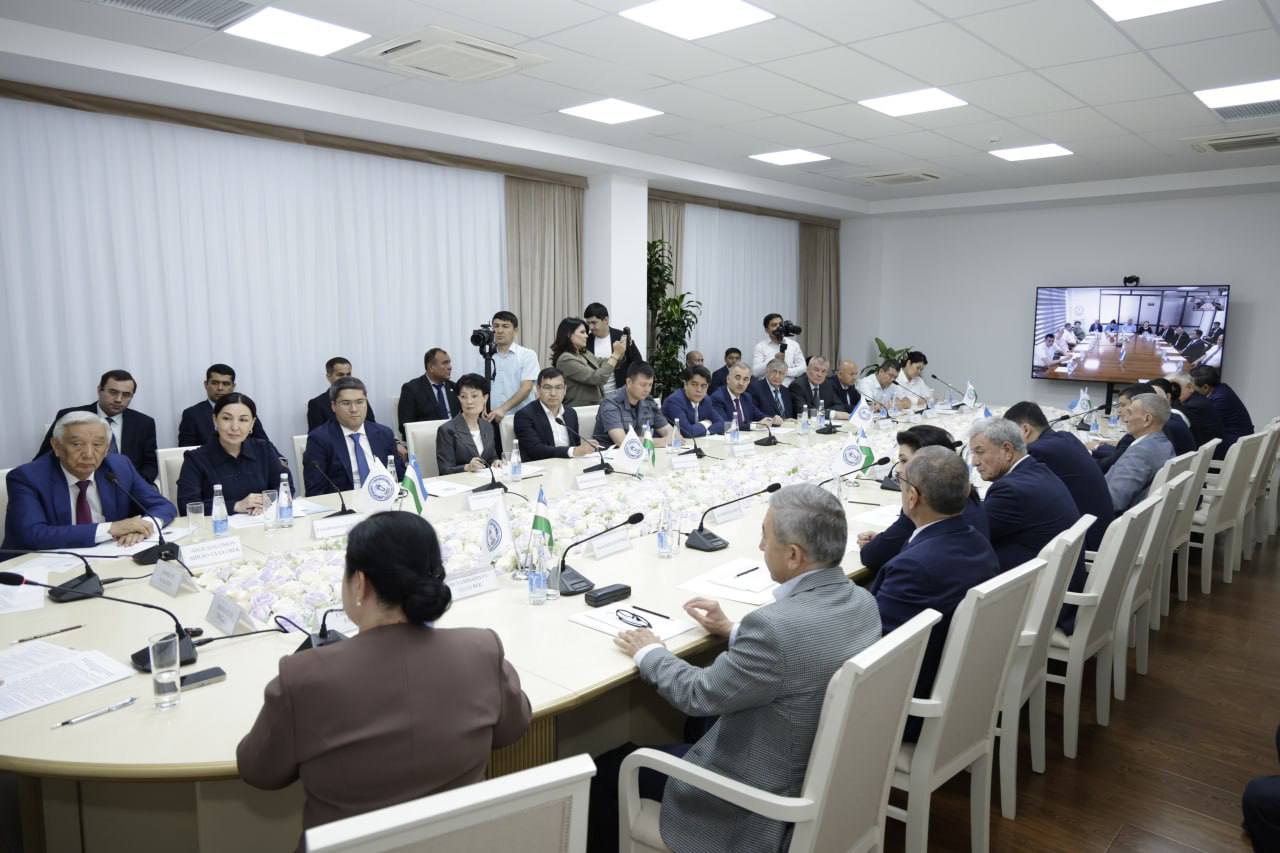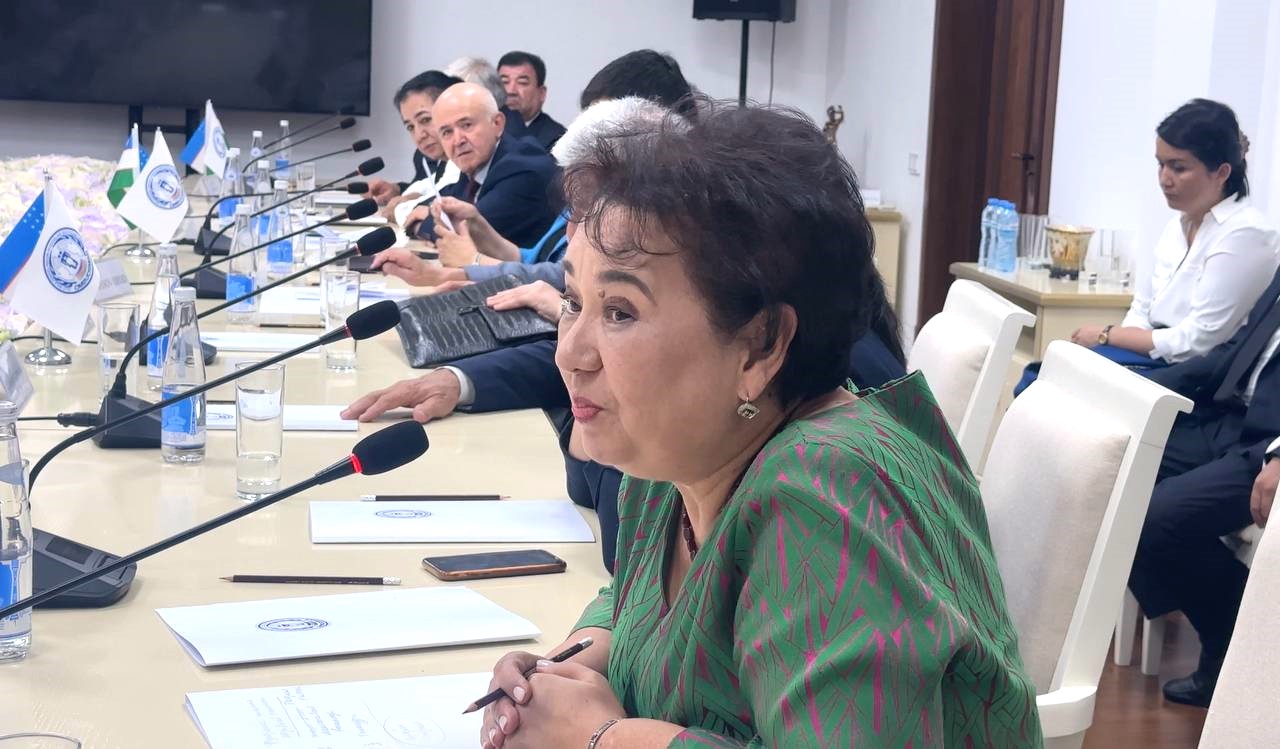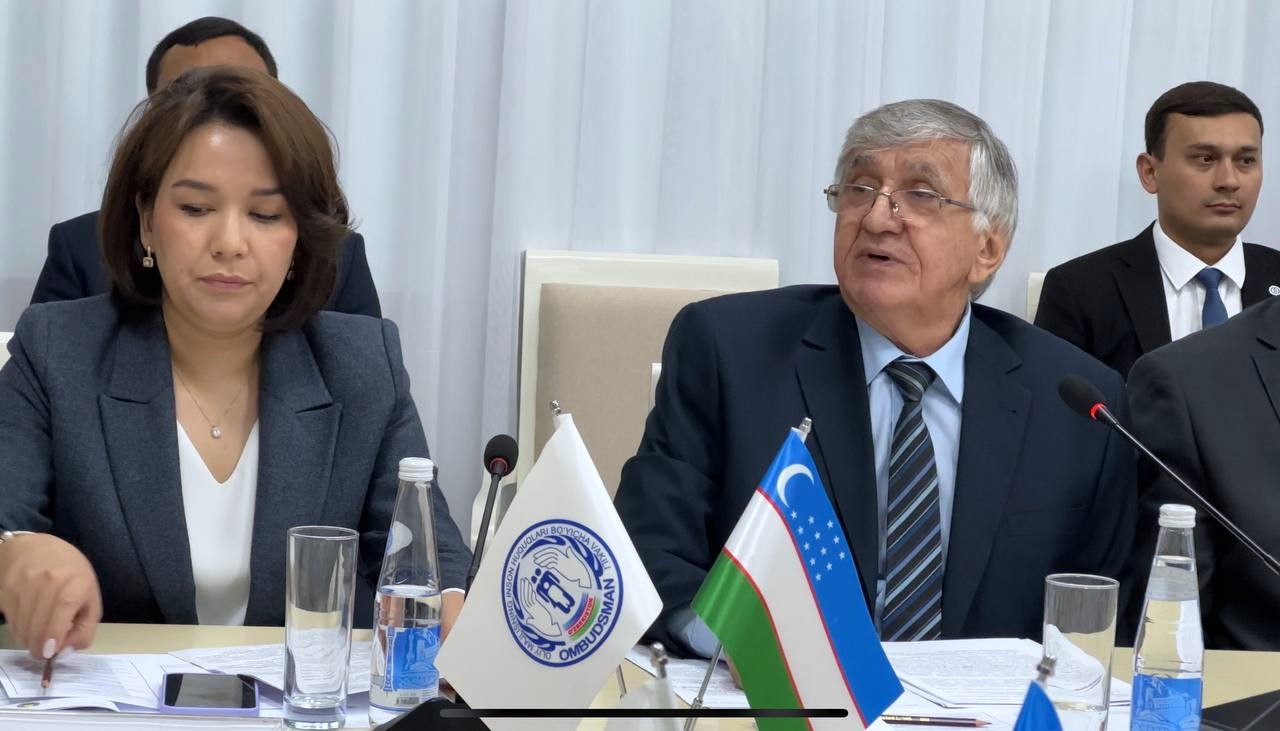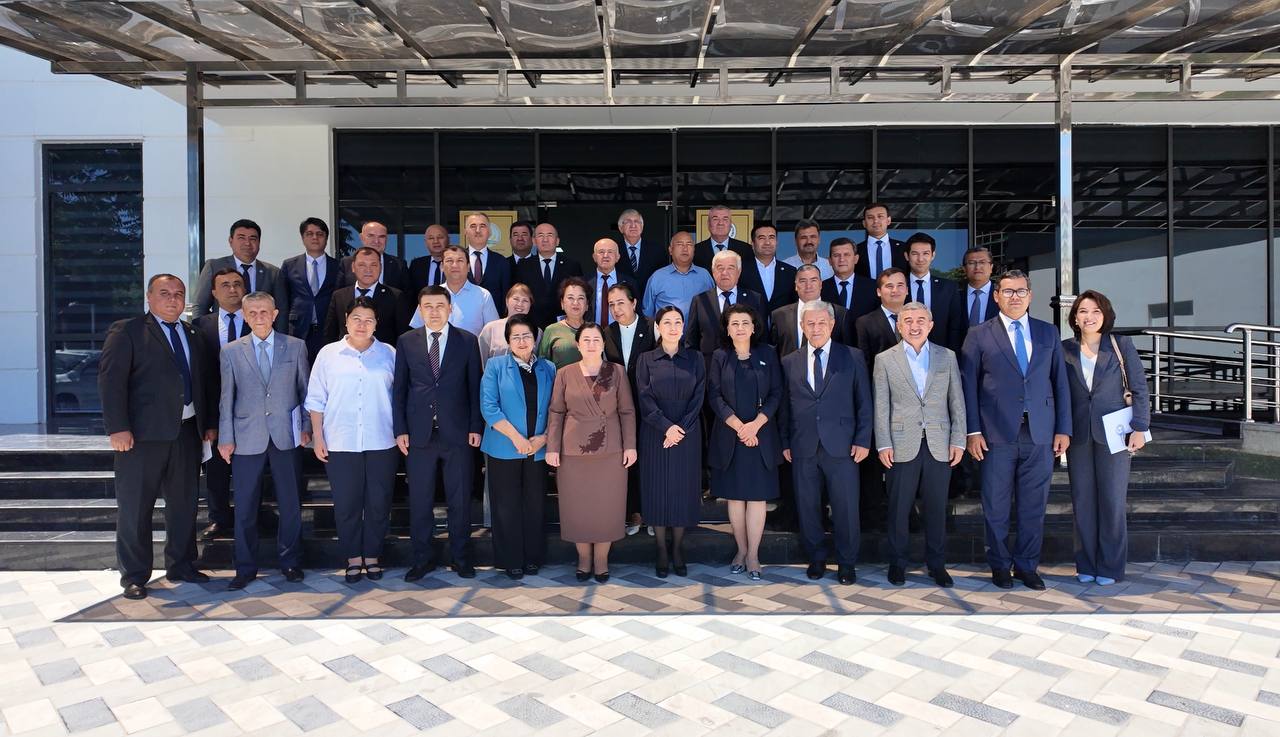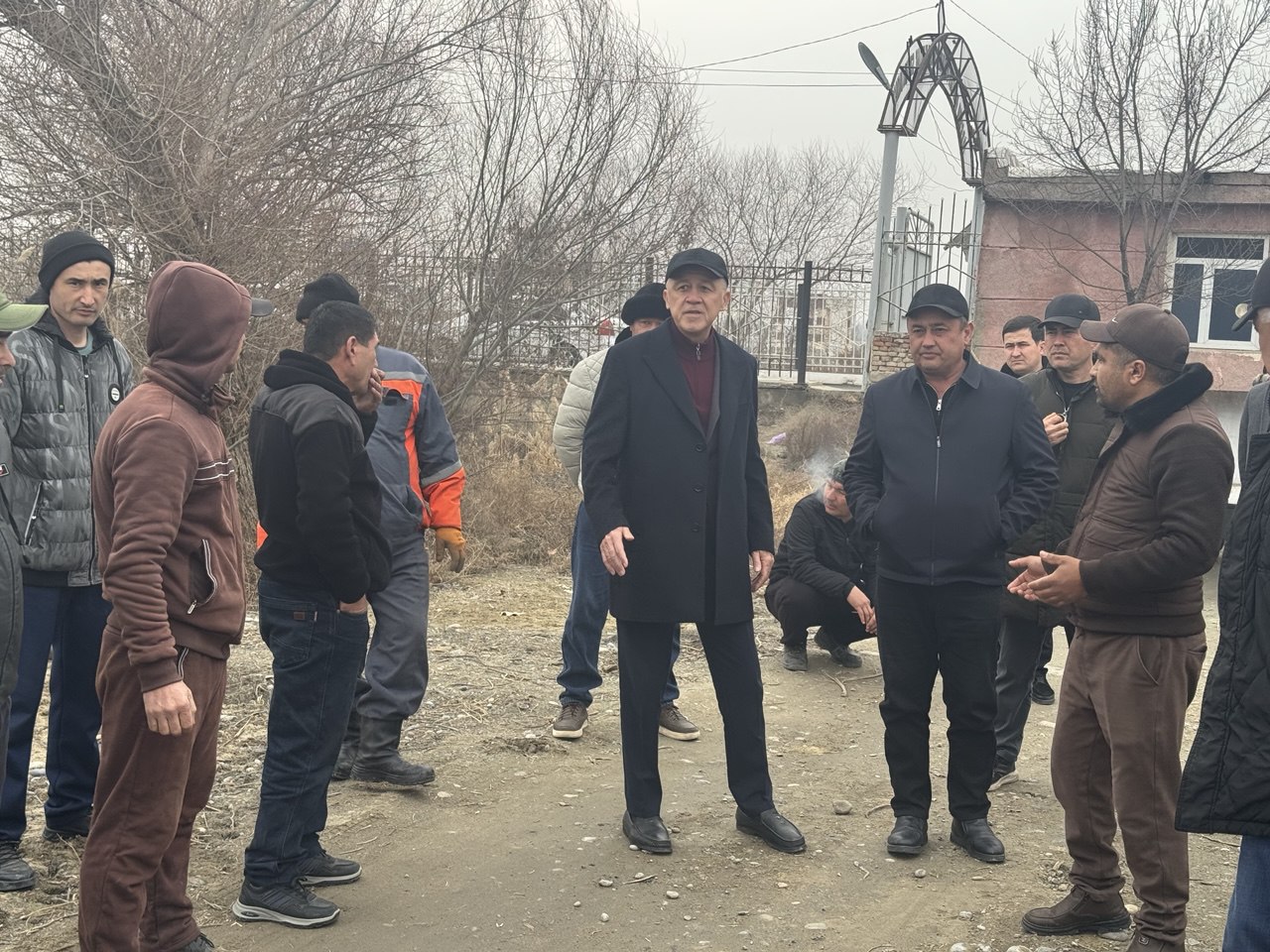The event was attended by members of the Senate and deputies of the Legislative Chamber of the Oliy Majlis, judges of the Constitutional Court, representatives of the Ministry of Justice, staff of the Office of the Ombudsman, researchers, scholars, university professors, and media representatives.
The existence of independent Ombudsman institutions plays a vital role in protecting human dignity, ensuring public oversight, and maintaining a balance between the state and society.
The Presidential Decree dated September 10, 2021, “On Measures to Further Improve the Activities of the Commissioner of Oliy Majlis of the Republic of Uzbekistan for Human Rights (ombudsman),” was aimed at developing and strengthening this institution. According to the Decree, the Ombudsman is recognized as an institution of parliamentary oversight, actively involved in the formation and implementation of state policy in the field of protection of human rights, freedoms, and lawful interests.
In accordance with this Decree, 14 regional representatives of the Ombudsman were established in the regions, and a digital system for processing appeals was introduced, enabling an analytical approach to their consideration. The Ombudsman was granted the right of legislative initiative, and mechanisms for detecting and eliminating cases of torture were strengthened.
These institutional changes have become an integral part of the large-scale reforms being carried out in our country. As a result of the implementation of the Action Strategy, the Development Strategy of New Uzbekistan, and the Uzbekistan-2030 Strategy initiated by the Head of State, the country is undergoing deep democratic transformations in the economic, political, and social spheres.
Special importance is attached is given to the principle of “Human Dignity.” Active efforts are being made to ensure the fundamental rights and freedoms of every individual.
In the new edition of the Constitution, the number of provisions related to human rights and the enhancement of human dignity has increased by 3.5 times. The Constitution now fully encompasses key values such as the right to personal inviolability, the inviolability of private property, and freedom of speech.
As was noted during the conference, thanks to the political will of the President, the institutional foundations of the Ombudsman were significantly strengthened, including the right to submit legislative proposals to the Legislative Chamber. Based on the relevant Presidential Decree, the institution of the Commissioner for Children’s Rights (Children’s Ombudsman) was established to ensure the reliable protection of the rights, freedoms, and lawful interests of children.
Currently, the Ombudsman institution, based on new constitutional provisions, is effectively exercising parliamentary oversight in the field of human rights, contributing to the improvement of national legislation and the operation of the National Preventive Mechanism.
Publicly significant projects are being implemented, such as the “Ombudsman’s School”—aimed at increasing legal literacy in remote regions—and the innovative “Ombudsman’s Hour” project, which promotes legal awareness and culture among schoolchildren.
The Ombudsman reviews more than 20,000 appeals annually and takes an active part in the lawmaking process.
It was also noted that citizens can submit electronic appeals and receive responses through the official website and mobile application. Comfortable conditions have been created for visitors, including waiting areas, special rooms for mothers with children, and medical service points.
Participants noted that the new version of the Law “On the Authorized Person of the Oliy Majlis of the Republic of Uzbekistan for Human Rights (Ombudsman),” adopted last year, provides additional guarantees and rights that ensure the effective performance of the Ombudsman’s functions.
The conference also discussed priority tasks in the field of ensuring human rights and freedoms in our country. It was emphasized that the protection of human rights must be reflected in the daily work of every civil servant. Special attention was paid to enhancing the role of civil society institutions and developing proposals and recommendations in this area.
In particular, the work of regional representatives of the Ombudsman was recognized as a key factor in bringing the institution closer to the population. Their effective handling of appeals, monitoring visits, and efforts to raise legal awareness at the local level were highly appreciated.
In conclusion, it was emphasized that the protection of human rights and freedoms is at the core of state policy. Every government body must prioritize the interests of individuals and conscientiously fulfill its duties. The protection of rights and freedoms is not only the task of the Ombudsman but also a constitutional obligation of all state institutions.
At the same time, the Ombudsman must effectively exercise parliamentary oversight over the observance of legislation on the rights, freedoms, and lawful interests of citizens by state bodies, including law enforcement and supervisory agencies.
Press Service of the Authorized Person of the Oliy Majlis of the Republic of Uzbekistan for Human Rights (Ombudsman)













